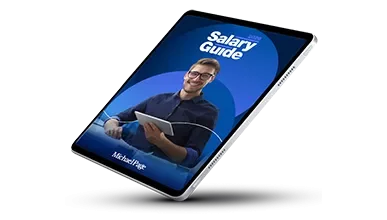How do we find you the candidates you need?
With over 90% of our current business being repeat clients, it's clear that our range of recuitment services; drafting job descriptions, posting job ads, finding suitable candidates, setting up interivews and providing onboarding advice, leads to successful results.
What’s more, we offer a wide range of specialisms, including technology, meaning our consultants understand the nuances of the roles you're looking to hire for.
%0
0
+0
At Michael Page, we excel in sourcing top-tier talent for tech roles across a wide range of industries. Our deep sector knowledge, combined with a consultative approach, allows us to understand the unique challenges and requirements of each client.
Whether you're scaling up production, driving innovation, or enhancing operational efficiency, we connect you with professionals who bring the right technical expertise and leadership capabilities.
Here are a handful of technical sectors our specialists can assist you with:
- Software Engineering & Development
- Infrastructure & Cloud Services
- Data & Analytics
- Cybersecurity & Risk
- Product & Project Management
- IT Support & Service Management
- Technology Leadership

No matter how specialised the job descriptions are, our consultants at Michael Page can find the perfect applicants that fit them.
What our partners say
How we've helped our clients
Whether it's one job role or multiple, permanent or interim, our consultants can help you as they've helped the clients below:









